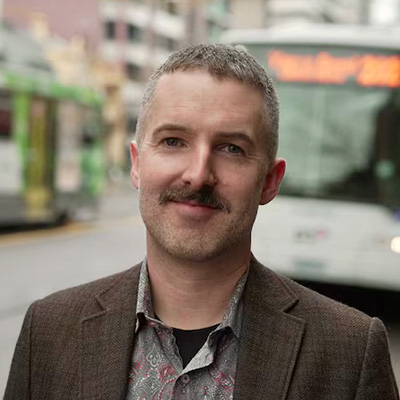
Professor David Bissell (he/him/his)
School of Geography, Earth and Atmospheric Sciences, University of Melbourne
Biography
David is Professor of Human Geography at the University of Melbourne. He is a cultural geographer whose work explores how different kinds of mobilities transform people and places. Empirically, David collaborates with research teams who are investigating the evolving nature of mobile lives and technological futures—from digital on-demand mobile labour and working from home, to the rise of automated workplaces. Conceptually, David works with theories of affect and embodiment to develop ways of understanding overlooked forms of bodily dispossession. Related to this, he is currently working on a book project on being ‘out of it’, a theme explored in recent Dialogues in Human Geography essay on brain fog. David is the author of Transit Life: How Commuting Is Transforming Our Cities (MIT Press, 2018), co-editor of Negative Geographies: Exploring the Politics of Limits (University of Nebraska Press, 2021), the Routledge Handbook of Mobilities (Routledge, 2014) and Stillness in a Mobile World (Routledge, 2011), and he is managing editor of Social & Cultural Geography.
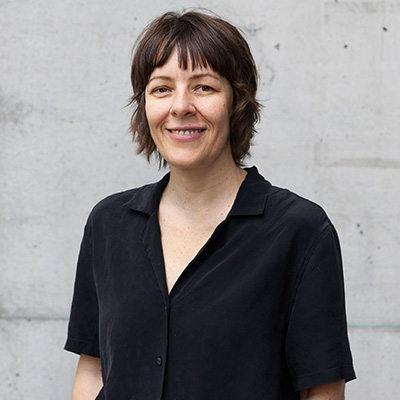
Dr Angela Smith (she/they)
School of Humanities and Languages, University of New South Wales (UNSW)
Biography
Angela Smith is a human geographer whose research spans political and environmental geographies of migration, border policing, security practices, and aviation. She is a Lecturer in the School of Humanities and Languages at UNSW. Angela holds a PhD in Law and Justice from UNSW and a Masters in Migration Studies from the American University in Cairo. In 2024, she was a Visiting Fellow at NCCR – On the Move at the University of Neuchâtel, Switzerland. Her interdisciplinary scholarship is shaped by over a decade of work with communities and international organisations. Angela was formerly a Postdoctoral Research Fellow at the Centre for Western Sydney and continues to undertake place-based research focused on addressing spatial and class-based inequities across the city. For her work in this area, she was awarded a 2024 James Martin Institute (JMI) Policy Challenge Grant.

Associate Professor Siobhán McGrath (she/they)
Clark University’s Graduate School of Geography and incoming Editor-in-Chief of the journal Economic Geography
Biography
Siobhán McGrath is an Associate Professor at Clark University’s Graduate School of Geography and incoming Editor-in-Chief of the journal Economic Geography. Working within labor geography, economic geography and development geography, she takes a political economy approach to labor. Her scholarship to date has focused on 1) ‘unregulated work’ including wage theft and other violations; 2) how to understand freedoms and unfreedoms within labor relations; 3) how labor unfreedoms are represented and acted upon through categories such as ‘modern slavery’; and 4) how conditions of work are determined through the dynamics of Global Production Networks (GPNs). She has taught at Manchester University, Lancaster University and Durham University in the UK and has also worked within, and alongside, the labor movement. She holds a BA from the School for International Training, an MA in Economics from the New School for Social Research, and a PhD in International Development from the University of Manchester.

Dr Sasha Engelmann (she/her)
Centre for Geohumanities, Department of Geography, Royal Holloway University of London
Biography
Sasha Engelmann is a London-based cultural geographer and creative practitioner. Her research centres on long-term collaboration with artist-activist communities; through these collaborations she develops arts and humanities-led tools for environmental knowledge making, and advances the field of the geohumanities. Her past work has involved over a decade of creative collaboration with the international Aerocene Community and Studio Tomás Saraceno; participation in DIY and feminist amateur radio arts collectives including Shortwave Collective and Radio Amatrices; and co-development of Sensora, a community-led air quality sensing initiative in Argentina. She is co-founder (with Soph Dyer) of the feminist satellite imaging project open-weather. Sasha is Reader in GeoHumanities at Royal Holloway University of London where she teaches at the intersection of geography and the arts and humanities.
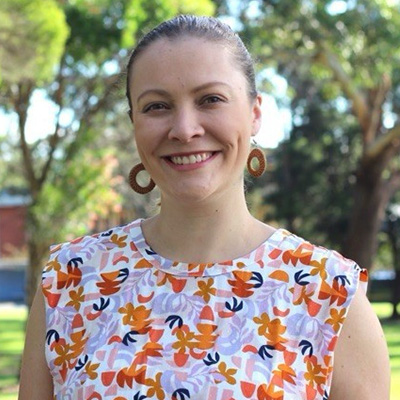
Dr Sophie-May Kerr (she/her)
Research Fellow, City Futures Research Centre, University of New South Wales
Biography
Dr Sophie-May Kerr is a Research Fellow at the City Futures Research Centre, University of New South Wales, where she contributes to the Compact Cities research program. Her work focuses on the lived experiences of residents in apartment housing and high-density neighbourhoods, with a strong emphasis on making these environments more inclusive, liveable, and family-friendly. Dr Kerr’s research advocates for high-density housing to be designed as long-term homes that respond to the diverse and evolving needs of urban populations. Since completing her PhD in 2021—an in-depth qualitative study on families raising children in apartments—she has become recognised as a subject matter expert and is regularly consulted by government agencies and NGOs. In 2023, Dr Kerr was awarded a Policy Fellowship with the James Martin Institute for Public Policy. Her resulting policy insights paper offers practical, evidence-based recommendations to better support the built and social infrastructure needs of families living in apartments.
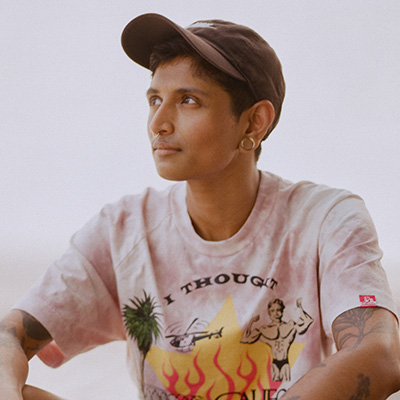
Dr Priya Kunjan (they/them)
Centre for Urban Research, RMIT University
Biography
Priya Kunjan (they/them) is South Indian immigrant-occupier living and working on unceded Kulin Nation land. As a Postdoctoral Research Fellow at RMIT University on the ARC Discovery Project ‘Precarious Dwelling: Encounters with housing crisis,’ their work focuses on experiences of housing precarity in Naarm/melbourne with an emphasis on private rental insecurity and public housing estate redevelopment. Priya is also a volunteer current affairs broadcaster at 3CR Community Radio and a member of the Centre Against Racial Profiling. Their work within and outside the academy engages with issues of housing insecurity, colonialism, and racial in/justice
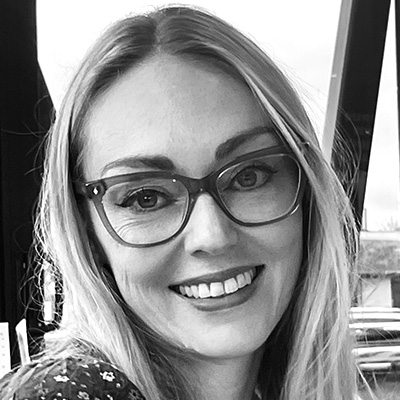
Dr Crystal Arnold (she/her)
University of Wollongong
Biography
Crystal is a Gundungurra woman from Wadi Wadi and Yuin Country. Her work explores human-nonhuman relationships, Indigenous knowledge systems, and environmental crime and justice. Crystal recently completed her PhD, titled ‘What teachings are being shared by weeds? Lessons from the Shoalhaven River,’ focused on learning from invasive plants how to address invasive species through relational thinking and more-than-human geographies. Crystal’s research weaves Aboriginal cultural and scientific knowledge and environmental science, with a particular emphasis on healing Country. She has published in high-impact journals and actively contributes to community engagement and Indigenous-led environmental education.
Express Your Interest
Fill in the expression of interest form to be kept up to date with information on the IAG2025 Institute of Australian Geographer’s Conference Join our mailing listAcknowledgement of Country
The Conference organising committee acknowledges the Traditional Owners of Country of the University of Newcastle Nuspace campus, the Awabakal and Worimi peoples. We recognise their continuing care for Country including the lands, waters, skies and communities in this place. We pay our respect to Elders past and present. This place is a meeting place where waters, lands and people have come together and shared knowledge. Our conference seeks to continue practices of knowledge sharing which nurture emergent geographies. We recognise that First Nations sovereignty was never ceded. This place always was, always will be Aboriginal Land. We extend this respect to all First Nations people and Country itself across the continent.
Conference Managers
East Coast Conferences
Amy McIntosh, Jayne Hindle, Jasmine Durbidge
Phone: (61-2) 6650 9800
Mobile: 0408 220 188
Postal: PO Box 848, Coffs Harbour, NSW, 2450 Australia
amy@eastcoastconferences.com.au
ABN: 56 515 955 798 (East Coast Conferences)
